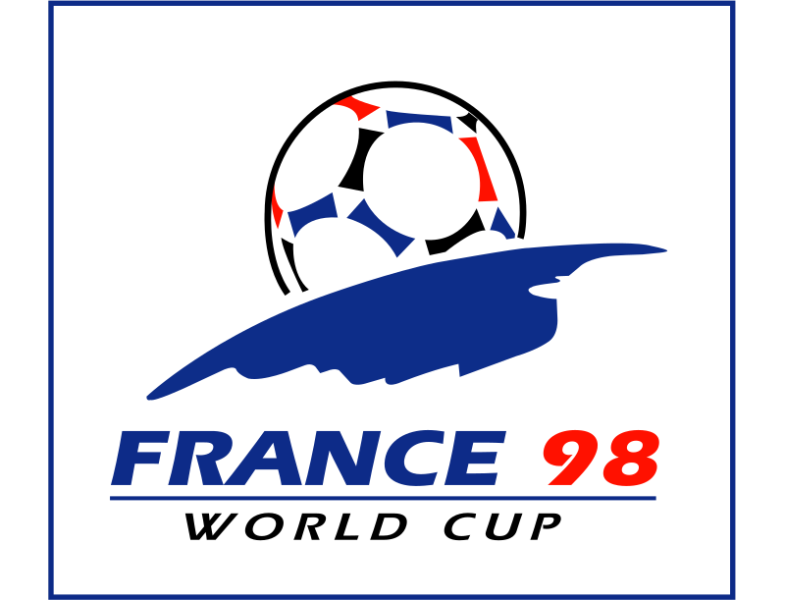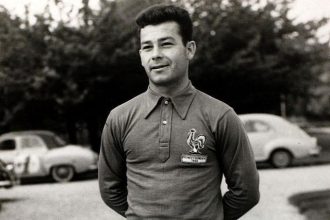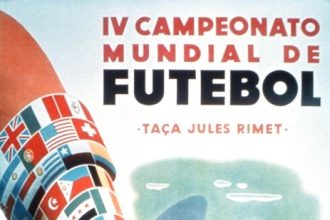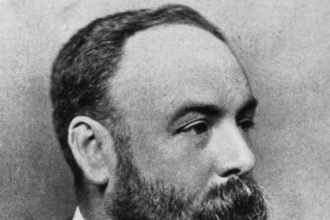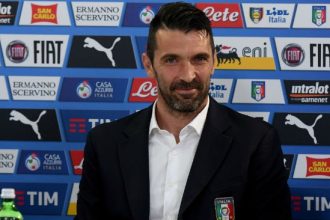The 1998 FIFA World Cup held in France stands as a memorable chapter in the history of international football. With a captivating display of skill, passion, and drama, this tournament enthralled fans worldwide. Let’s delve into the highlights of the 1998 World Cup and relive the moments that made it an unforgettable event.
France, known for its rich football tradition, proved to be a worthy host for the 1998 World Cup. The country’s vibrant culture and passionate support for the sport created a captivating atmosphere throughout the tournament. The French people’s enthusiasm and warm hospitality added an extra layer of excitement, making it a memorable experience for players and fans alike.
Teams:
Iran, Japan, Saudi Arabia, South Korea, Cameroon, Morocco, Nigeria, South Africa, Tunisia, Jamaica, Mexico, United States, Argentina, Brazil, Chile, Colombia, Paraguay, Austria, Belgium, Bulgaria, Croatia, Denmark, England, France (hosts), Germany, Italy, Netherlands, Norway, Romania, Scotland, Spain, FR Yugoslavia.
France was awarded the 1998 World Cup on 2 July 1992 by the executive committee of FIFA during a general meeting in Zürich, Switzerland. They defeated Morocco by 12 votes to 7. Switzerland withdrew, due to being unable to meet FIFA’s requirements. This made France the third country to host two World Cups, after Mexico and Italy in 1986 and 1990 respectively. France previously hosted the third edition of the World Cup in 1938. England, who hosted the competition in 1966 and won it, was among the original applicants but later withdrew their application in favor of an ultimately successful bid to host UEFA Euro 1996.
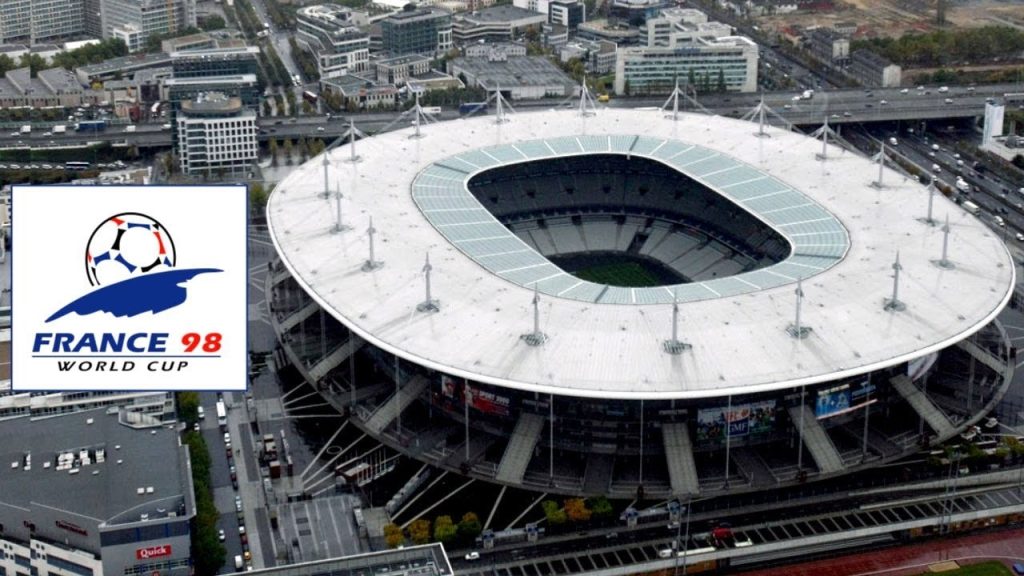
The 1998 World Cup showcased some exhilarating matches that kept fans on the edge of their seats. From the group stages to the knockout rounds, the tournament witnessed incredible displays of skill and determination. Memorable performances came from legendary players like Ronaldo (Brazil), Zinedine Zidane (France), Ronaldo Nazario (Brazil), and Davor Suker (Croatia), who left an indelible mark with their remarkable goals and exceptional football prowess.
This was the first FIFA World Cup where fourth officials used electronic boards, instead of cardboard.
This was the first World Cup since the introduction of golden goals, the banning of tackles from behind that endanger the safety of an opponent, and the allowance of three substitutions per game.
The official mascot was Footix, a rooster first presented in May 1996. It was created by graphic designer Fabrice Pialot and selected from a shortlist of five mascots. Research carried out about the choice of having a cockerel as a mascot was greatly received: 91% associated it immediately with France, the traditional symbol of the nation. Footix, the name chosen by French television viewers, is a portmanteau of “football” and the ending “-ix” from the popular Astérix comic strip. The mascot’s colors reflect those of the host nation’s flag and home strip – blue for the jumpsuit, a red crest, and the words ‘France 98’ colored in white.
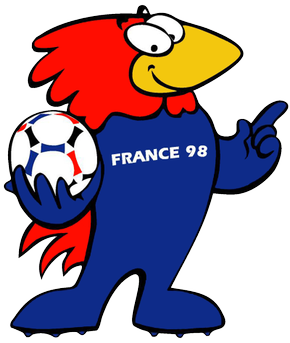
Qualification for the finals began in March 1996 and concluded in November 1997. For the first time in the competition, the group stage was expanded from 24 teams to 32, with eight groups of four. 64 matches were played in 10 stadiums in 10 host cities, with the opening match and final staged at the newly built Stade de France in the Parisian commune of Saint-Denis.
Zinedine Zidane emerged as the star of the tournament, captivating the world with his sublime skills and leadership. His iconic performances in the knockout stages, including two goals in the final, propelled France to a historic victory. In the final held at the Stade de France in Paris, France defeated Brazil 3-0 to secure their first-ever World Cup title, igniting celebrations across the nation.
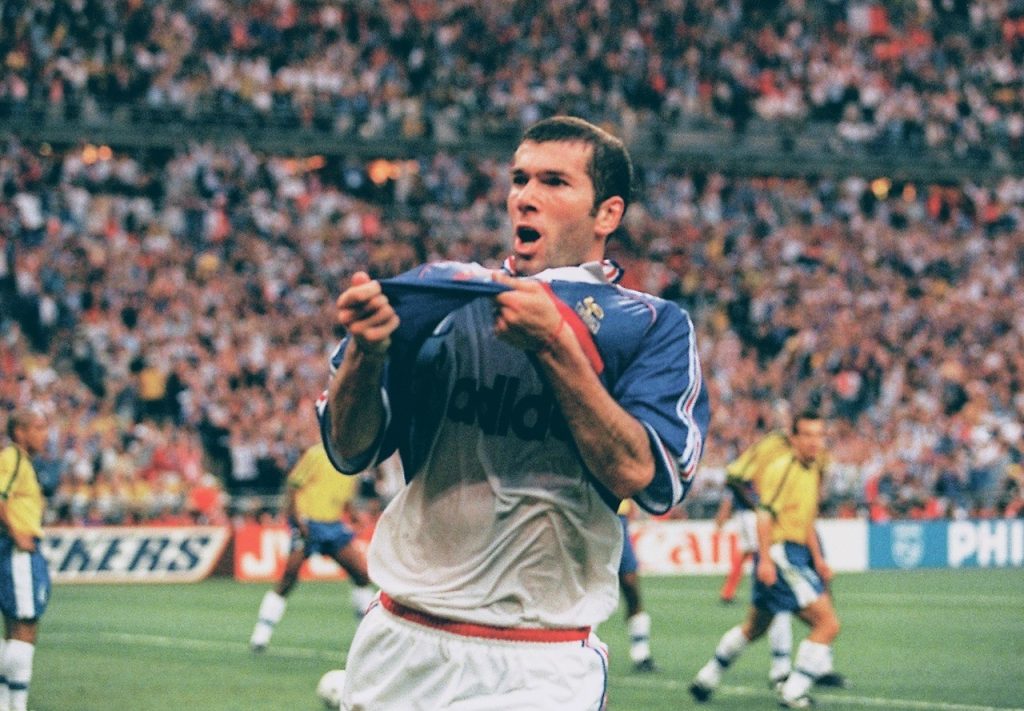
The official match ball for the 1998 World Cup, manufactured by Adidas was named the Tricolore, meaning ‘three-colored’ in French. It was the eighth World Cup match ball made for the tournament by the German company and was the first in the series to be multi-colored. The tricolor flag and cockerel, traditional symbols of France, were used as inspiration for the design.

In each group, the teams played three matches, one against each of the other teams. Three points were awarded for each win, while a draw was worth one point. After completion of the group stage, the two teams with the most points in each group would advance to the knockout stage, with each group winner facing the runner-up from one of the other groups in the round of 16. This was a new format for the World Cup, following the expansion from 24 teams in 1994. A total of 64 games were played, including the final and a third-place play-off between the losers of the two semi-finals.
United States v Iran
Since the overthrow of the democratically elected (see 1953 Iranian coup d’état for more details) Prime Minister of Iran, Mohammad Mosaddegh by the US and the UK, due to his policy to nationalize Iran’s oil industry, and the American support for Iraq, and the US killing of all 290 Iranian passengers on Iran Air Flight 655, relations between the two countries had been hostile.
According to FIFA regulations, teams in each match are classified as Team A or Team B. Team B, Iran in this match, typically walks towards Team A for the pre-match handshakes. Mehrdad Masoudi, one of the FIFA media officers of the match, negotiated with the US team, and as a result, the Americans walked toward the Iranians.
During a delicately choreographed pregame ceremony, the Iranian players gifted white roses to their American opponents as a symbol of peace.
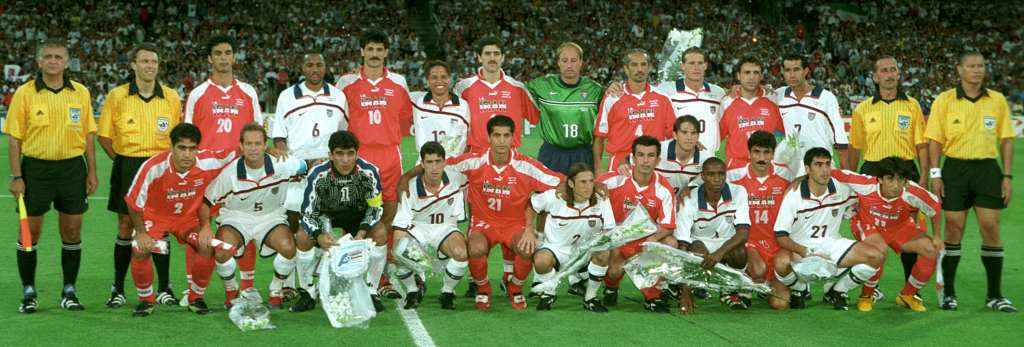
United States v Iran, played on 21 June 1998, was a football match between Iran and the United States in the group stage of the 1998 FIFA World Cup at the Stade de Gerland in Lyon, France. The match, which is described as the “mother of all games” and the “most politically charged game in World Cup history”, ended with a 2–1 victory for Iran, the team’s first-ever victory in the history of the FIFA World Cup.
Hamid Estili and Mehdi Mahdavikia scored for Iran, while Brian McBride scored for the United States.
A major upset, the match was described by The New York Times as a “historic victory” for Iran. Although the Iranian government took steps to reign in celebrations after the countrywide uproar when Iran qualified for the World Cup, thousands of fans publicly reveled in Tehran, including women without headscarves.
The resignation of Sampson has been partially attributed to the match, as some American players alleged that poor team management led to the loss.
Jeff Agoos, a former US defender, said that “We did more in 90 minutes than the politicians did in 20 years.” Eighteen months later, the teams played a friendly match at Pasadena just outside of Los Angeles, home to the largest population of Iranian Americans outside Iran. The game finished in a 1–1 draw.
The Quarter-finals were Brazil vs Denmark, Italy vs France, Netherlands vs Argentina, and Germany vs Croatia, in which Croatia surprisingly won 3-0.
Italy lost again on penalties but this time Roberto Baggio scored his own penalty like, in 1990 and 1994, Italy lost on penalties with all their stars, and football cheered its most unlucky star forever.
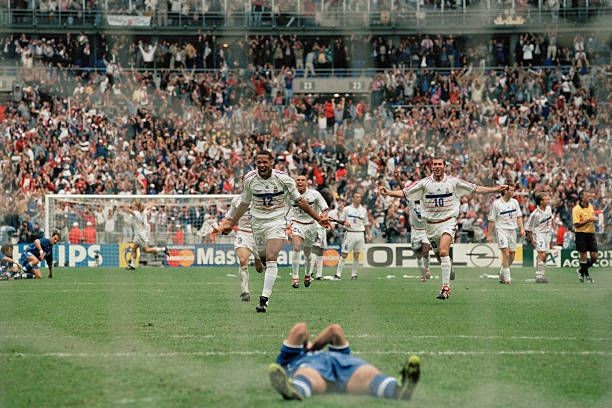
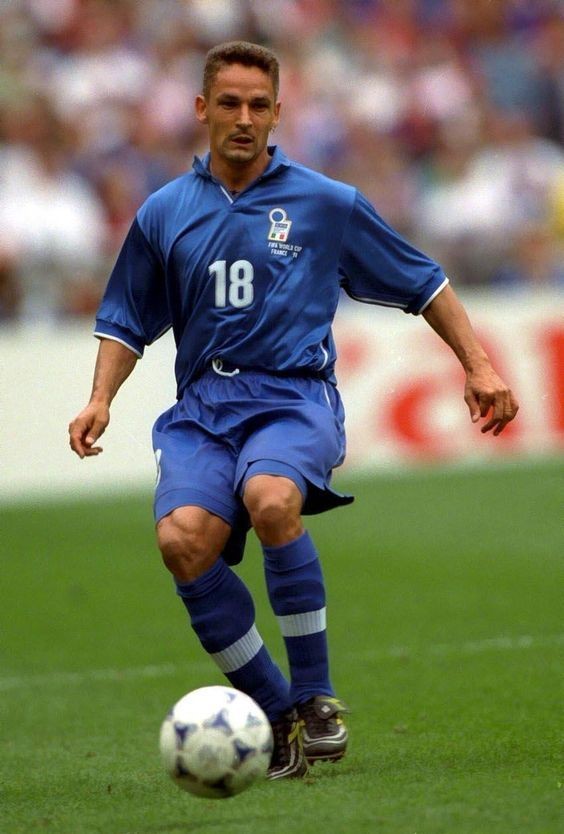
Croatia beat the Netherlands to earn third place in the competition. Davor Šuker scored the winner in the 36th minute to secure the Golden Boot.

The final was held on 12 July 1998 at the Stade de France, Saint-Denis. France defeated holders Brazil 3–0, with two goals from Zinedine Zidane and a stoppage-time strike from Emmanuel Petit. The win gave France their first World Cup title, becoming the sixth national team after Uruguay, Italy, England, West Germany, and Argentina to win the tournament on their home soil. They also inflicted the second-heaviest World Cup defeat on Brazil, later to be topped by Brazil’s 7–1 defeat by Germany in the semi-finals of the 2014 FIFA World Cup.
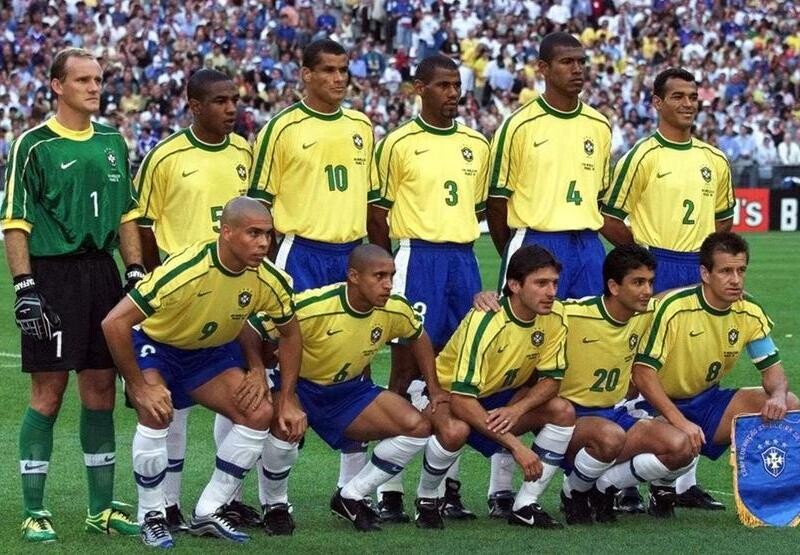
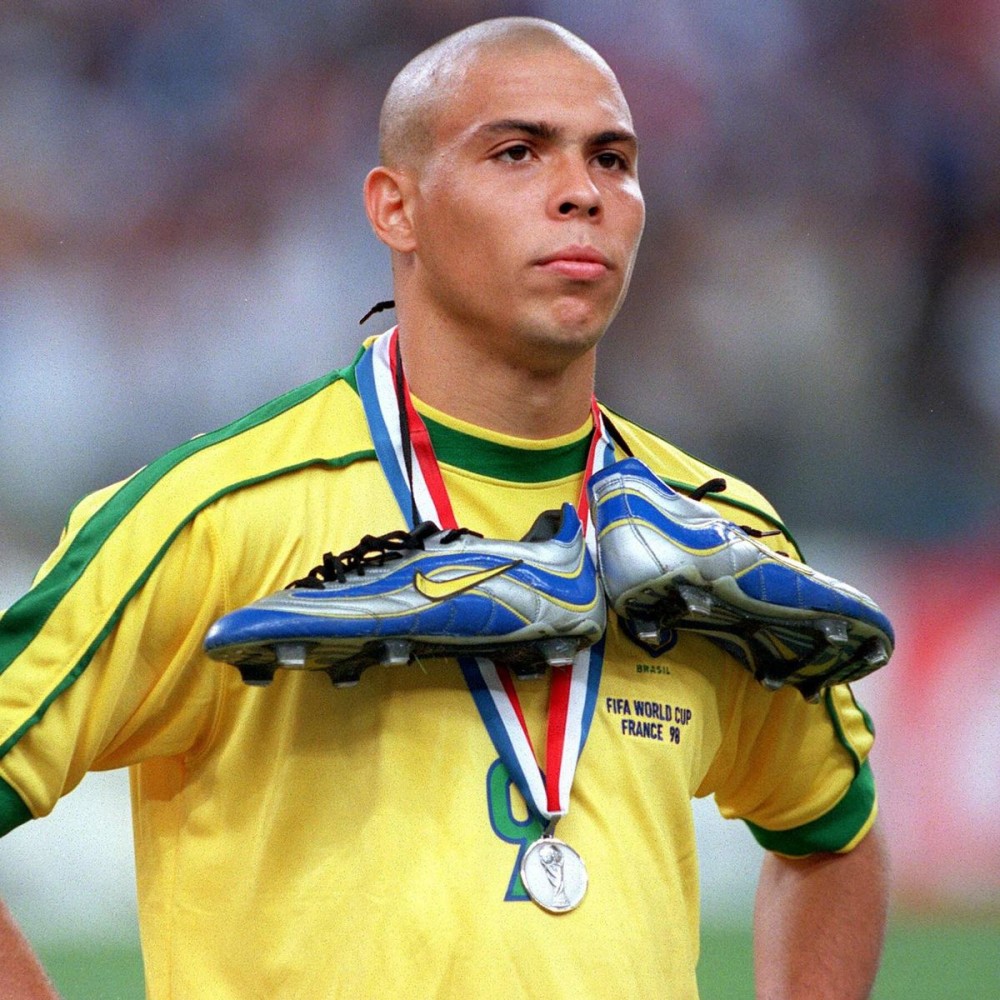
The pre-match build-up was dominated by the omission of Brazilian striker Ronaldo from the starting lineup only to be reinstated 45 minutes before kick-off. He managed to create the first open chance for Brazil in the 22nd minute, dribbling past defender Thuram before sending a cross out on the left side that goalkeeper Fabien Barthez struggled to hold onto. France however took the lead after Brazilian defender Roberto Carlos conceded a corner from which Zidane scored via a header. Three minutes before half-time, Zidane scored his second goal of the match, similarly another header from a corner. The tournament hosts went down to ten men in the 68th minute as Marcel Desailly was sent off for a second bookable offense. Brazil reacted to this by making an attacking substitution and although they applied pressure France sealed the win with a third goal: substitute Patrick Vieira set up his club teammate Petit in a counterattack to shoot low past goalkeeper Cláudio Taffarel.
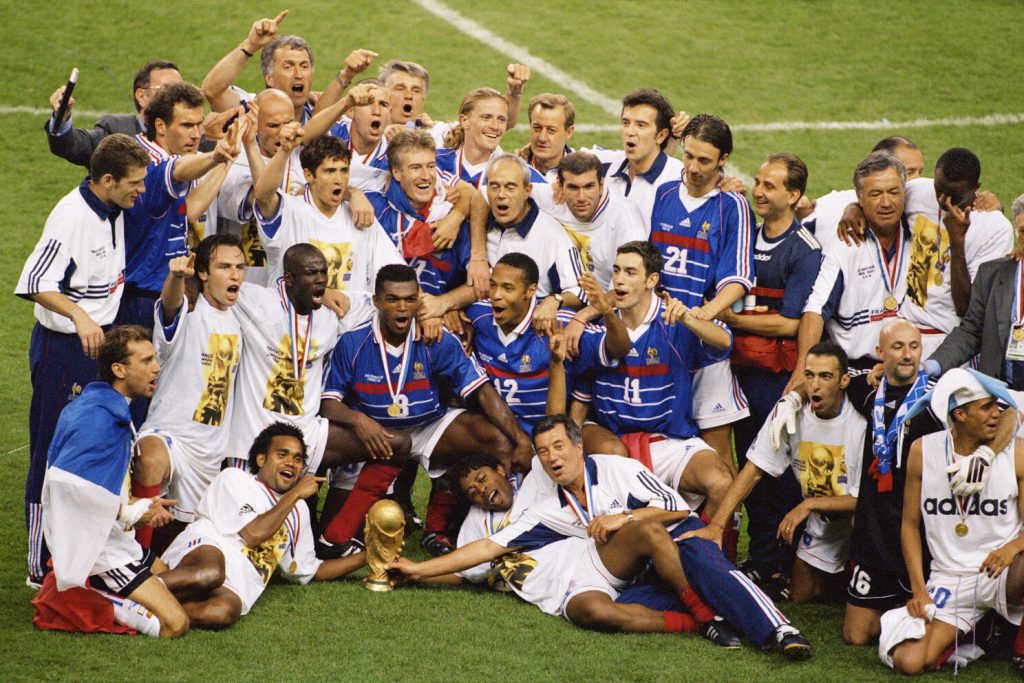
French President Jacques Chirac was in attendance to congratulate and commiserate the winners and runners-up respectively after the match. Several days after the victory, winning manager Aimé Jacquet announced his resignation from the French team with immediate effect.
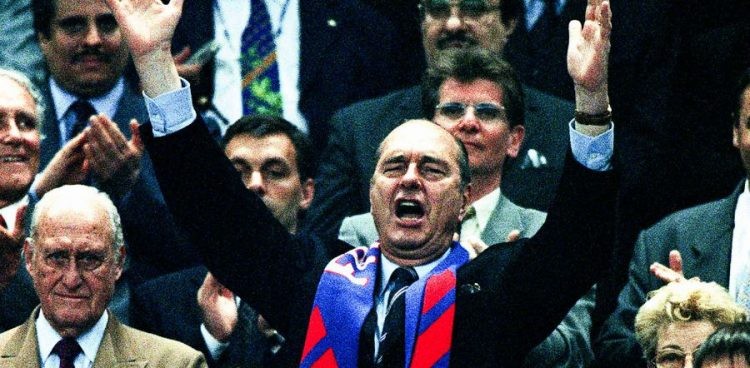
The 1998 World Cup left a lasting legacy on French football and the global sporting landscape. It propelled the popularity of football in France, leading to increased participation and investment in the sport. The success of the tournament also paved the way for the establishment of state-of-the-art stadiums and infrastructure, further enhancing the country’s football landscape.
The 1998 World Cup celebrated the diversity and unity of nations coming together through football. The tournament saw teams from different continents competing with skill, passion, and camaraderie. The joyous celebrations, colorful fan displays, and cultural exchange added to the festival-like atmosphere, reminding us of the unifying power of the beautiful game.
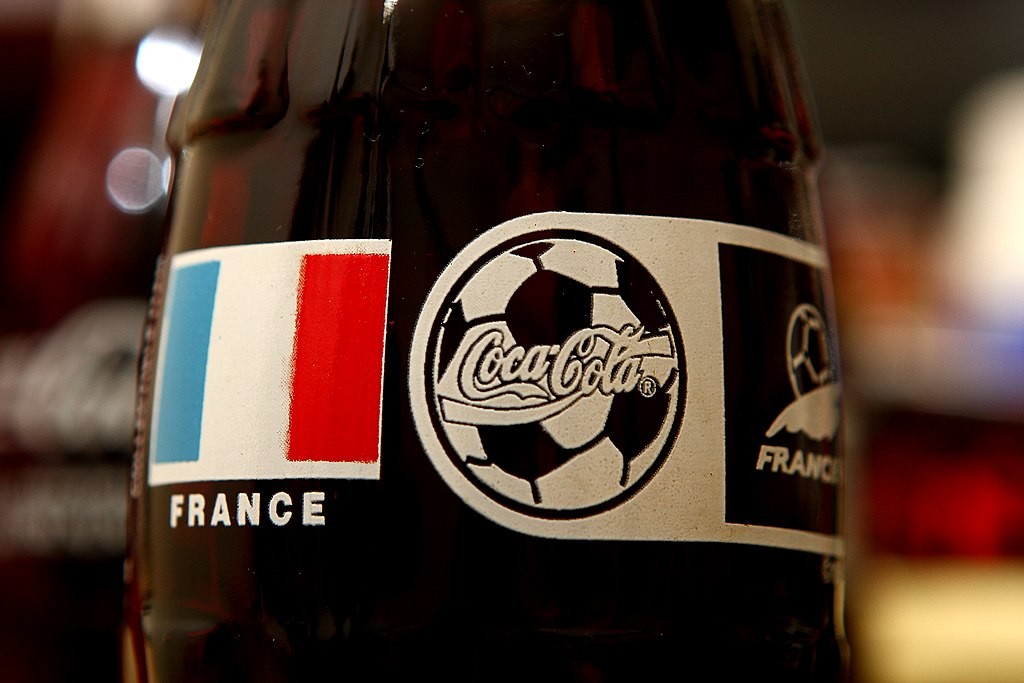
The 1998 FIFA World Cup in France was a captivating showcase of football excellence, drama, and unforgettable moments. From France’s triumphant journey to Zinedine Zidane’s brilliance, this tournament captured the hearts and minds of football enthusiasts worldwide. Its legacy as a milestone in French football history and a testament to the global reach and power of the sport ensures its place among the most memorable World Cup tournaments in history.

